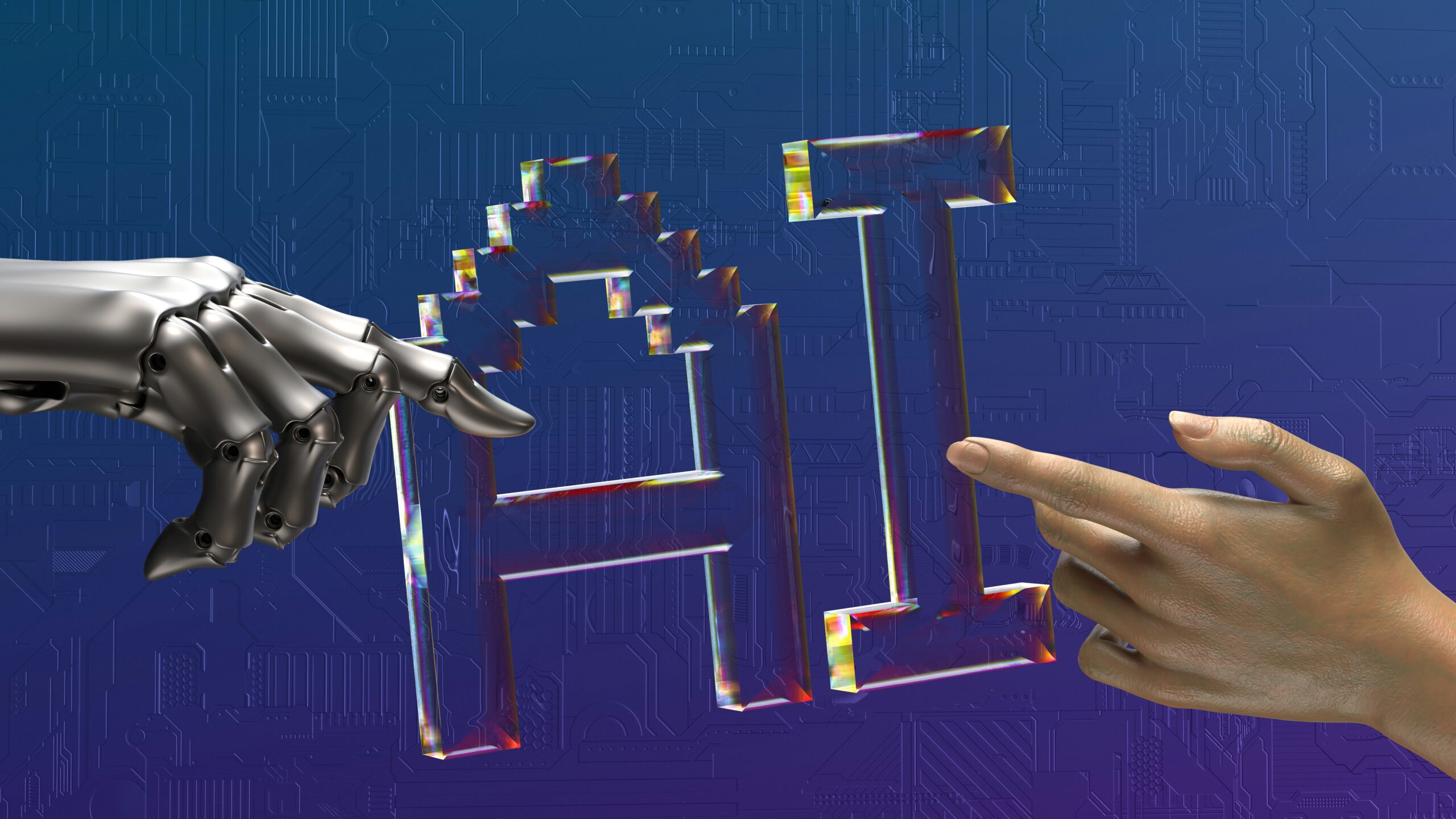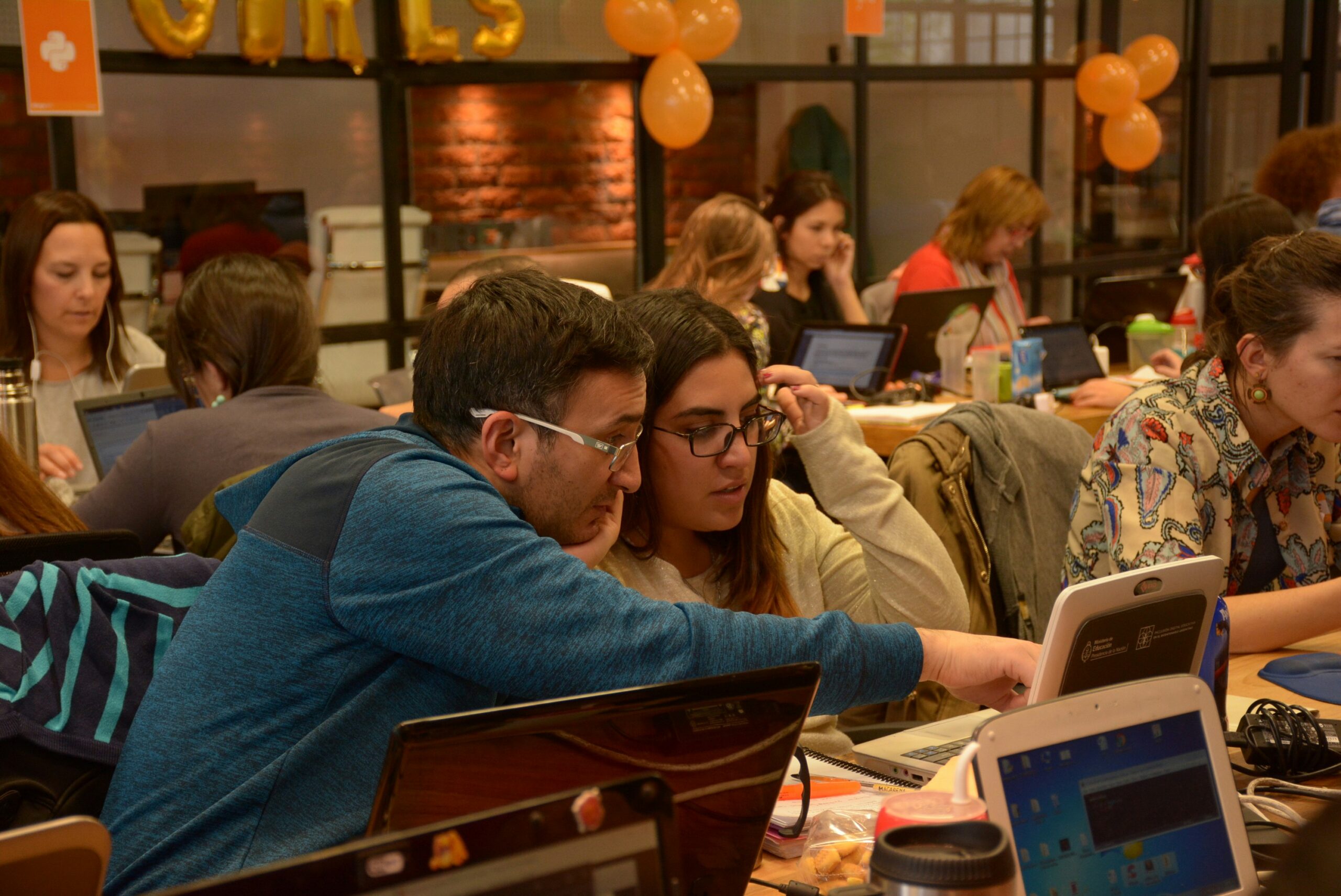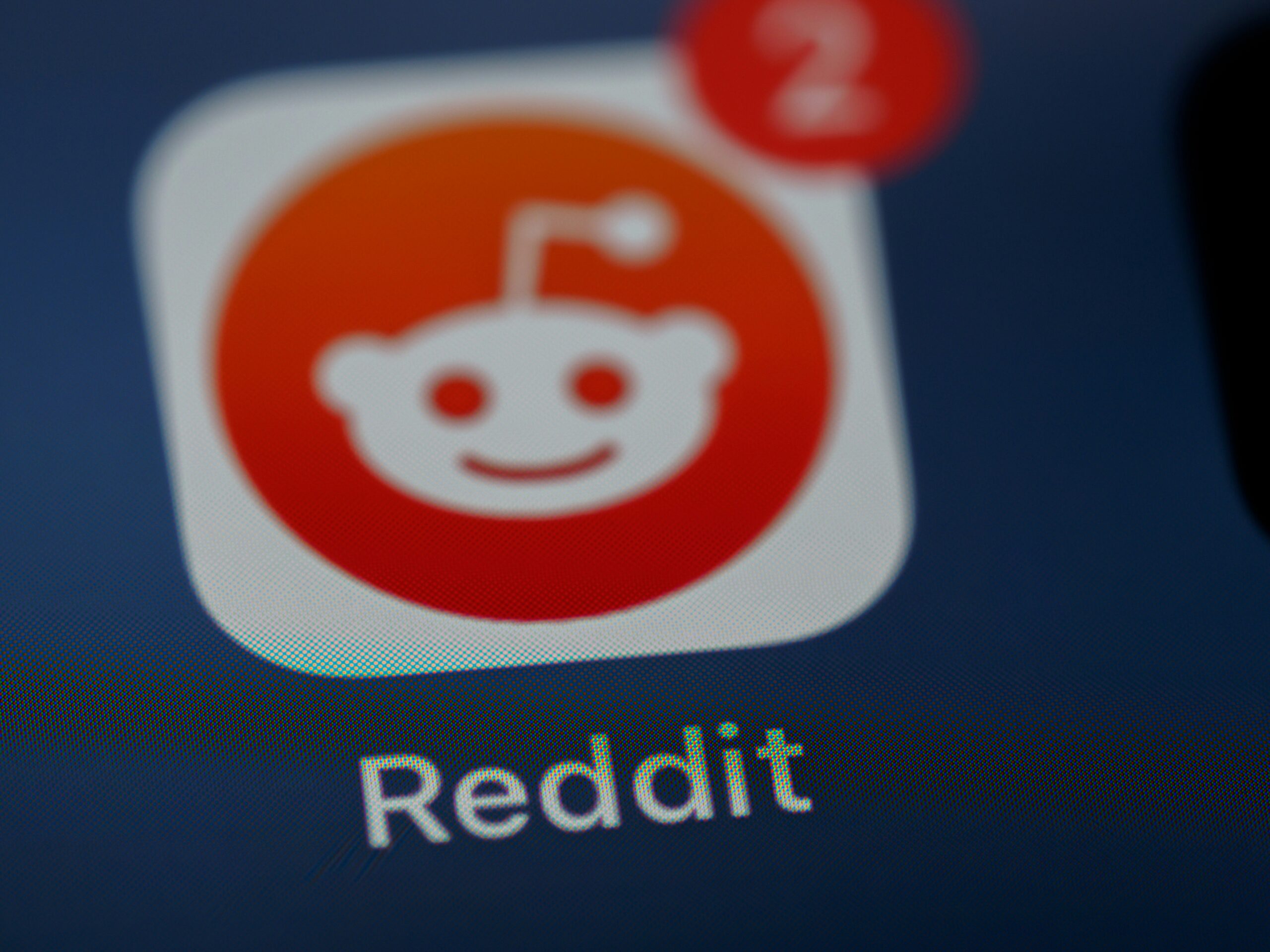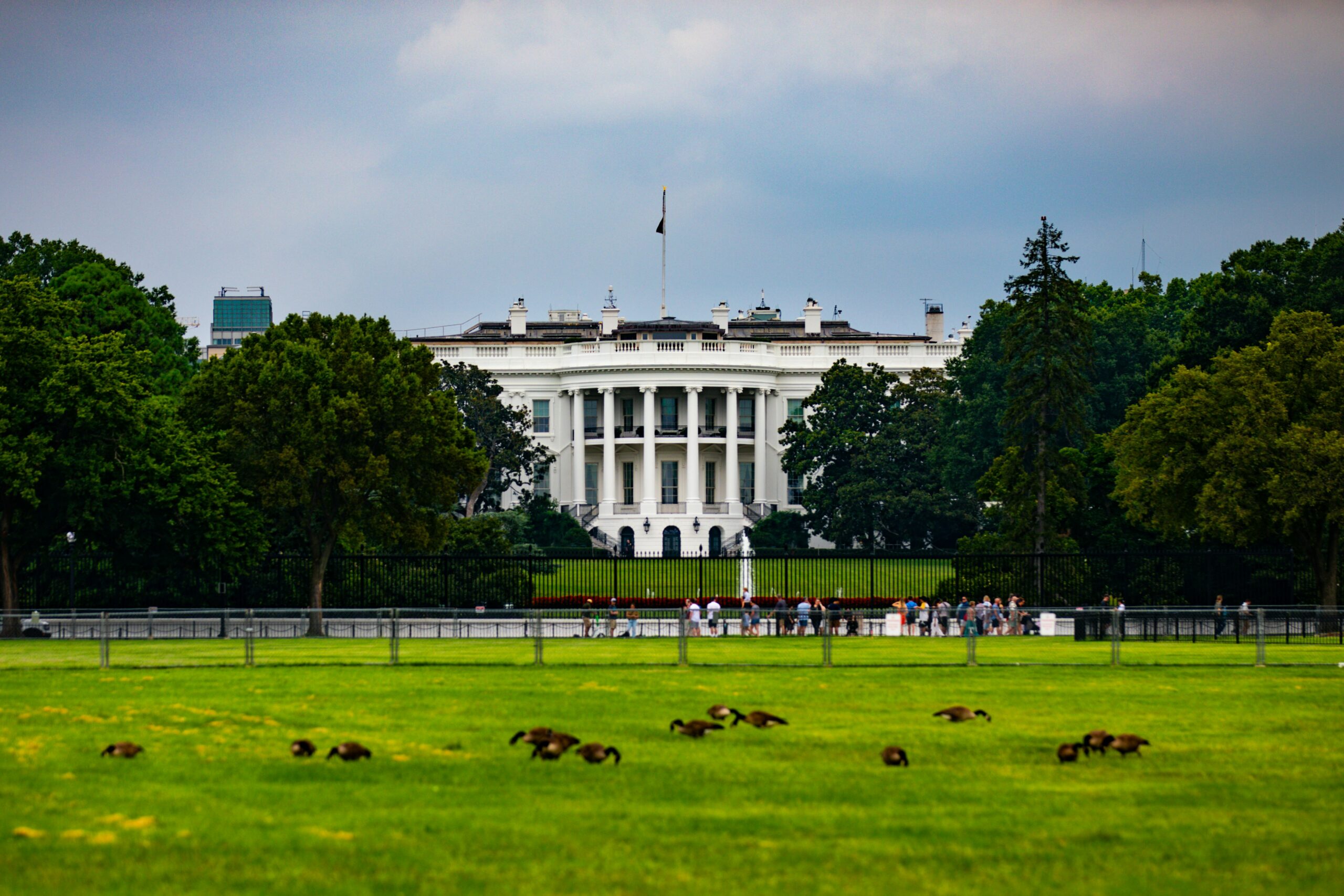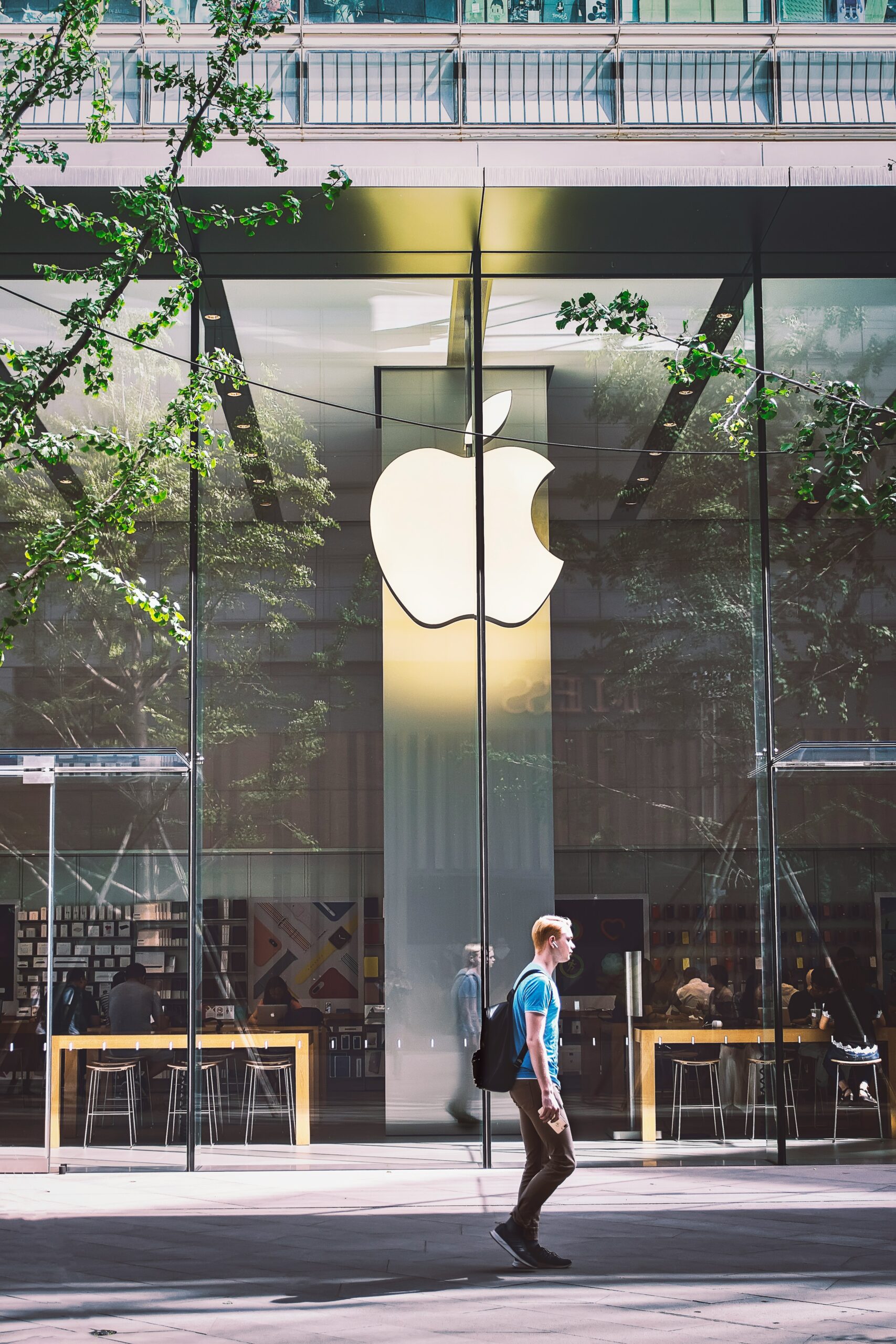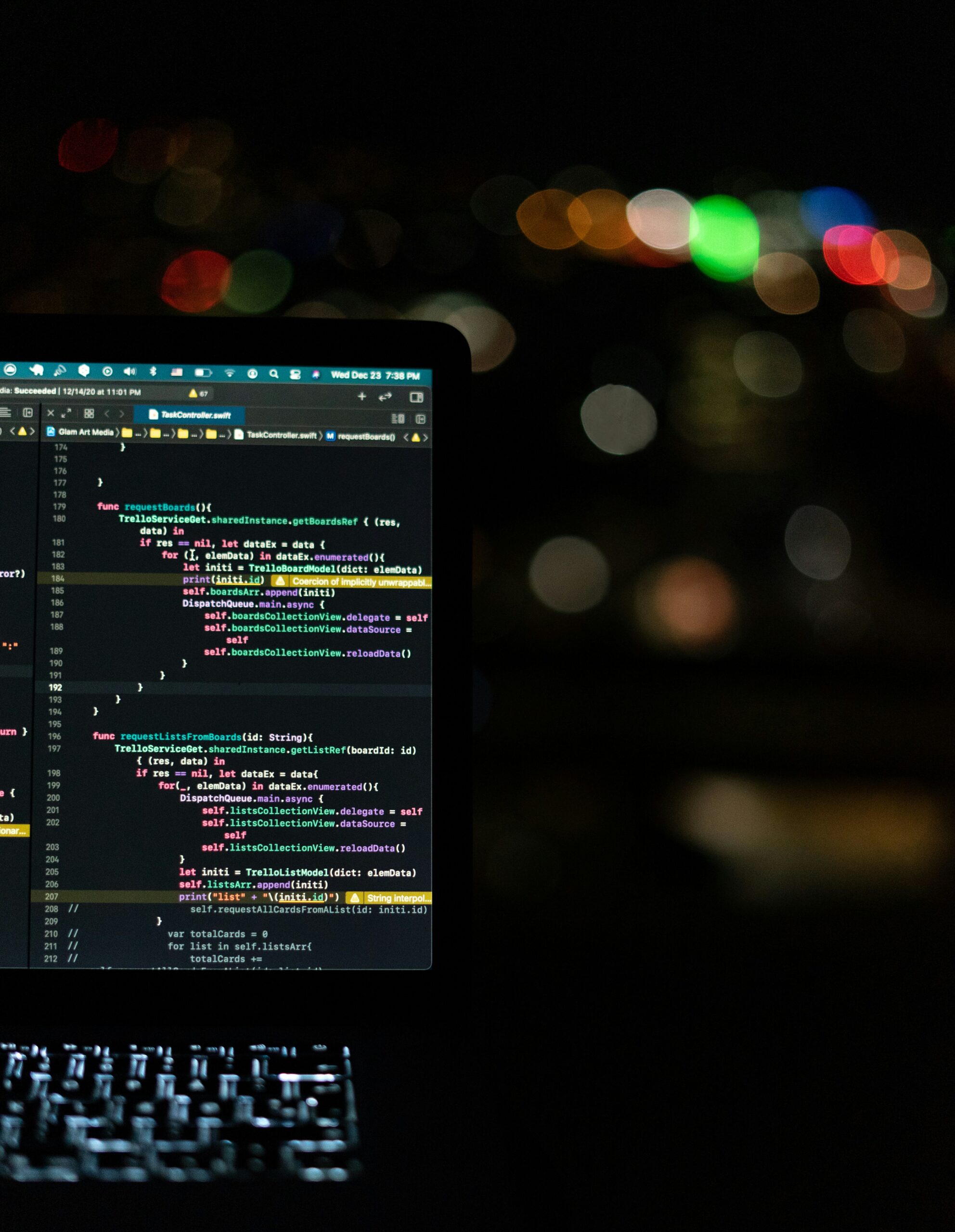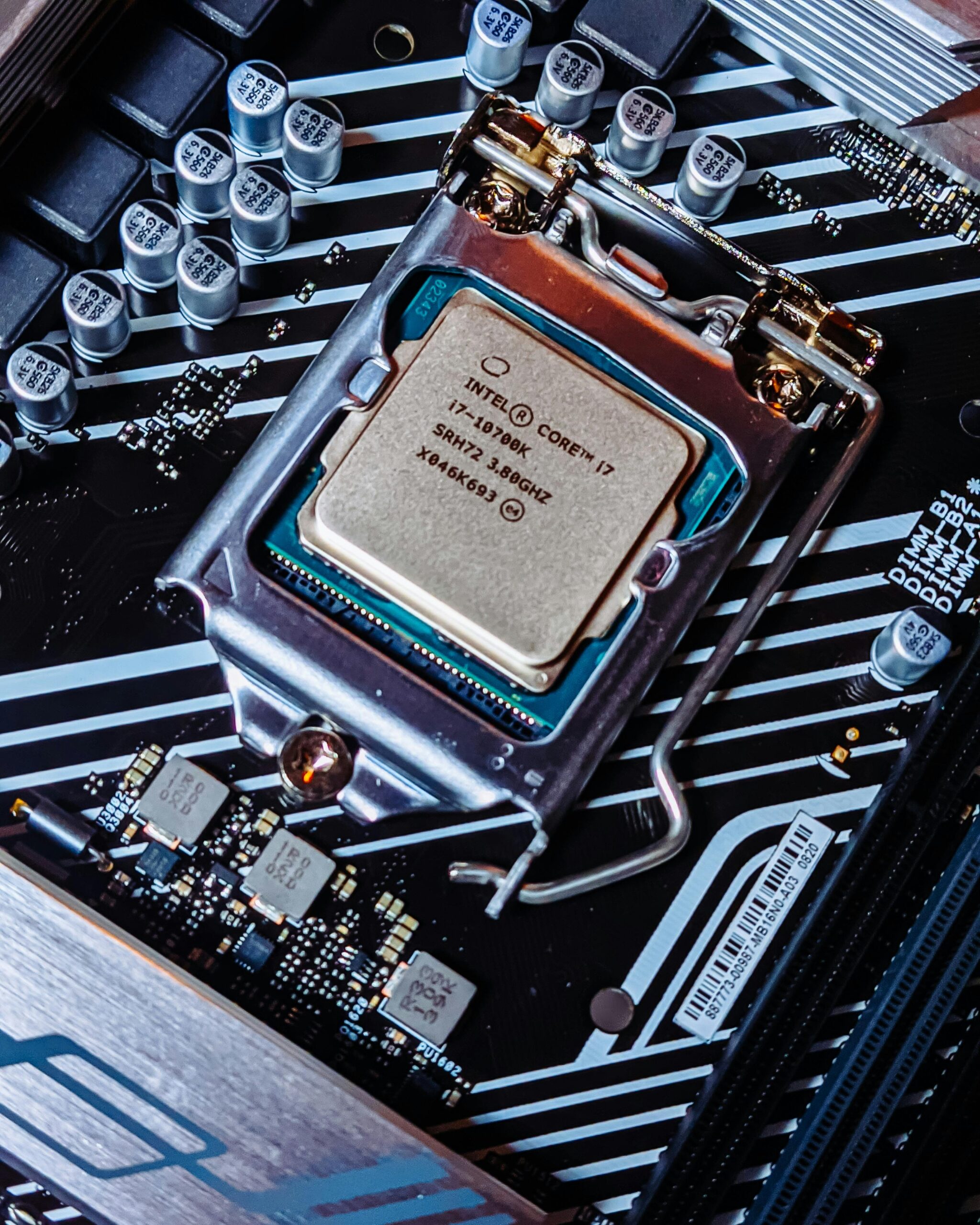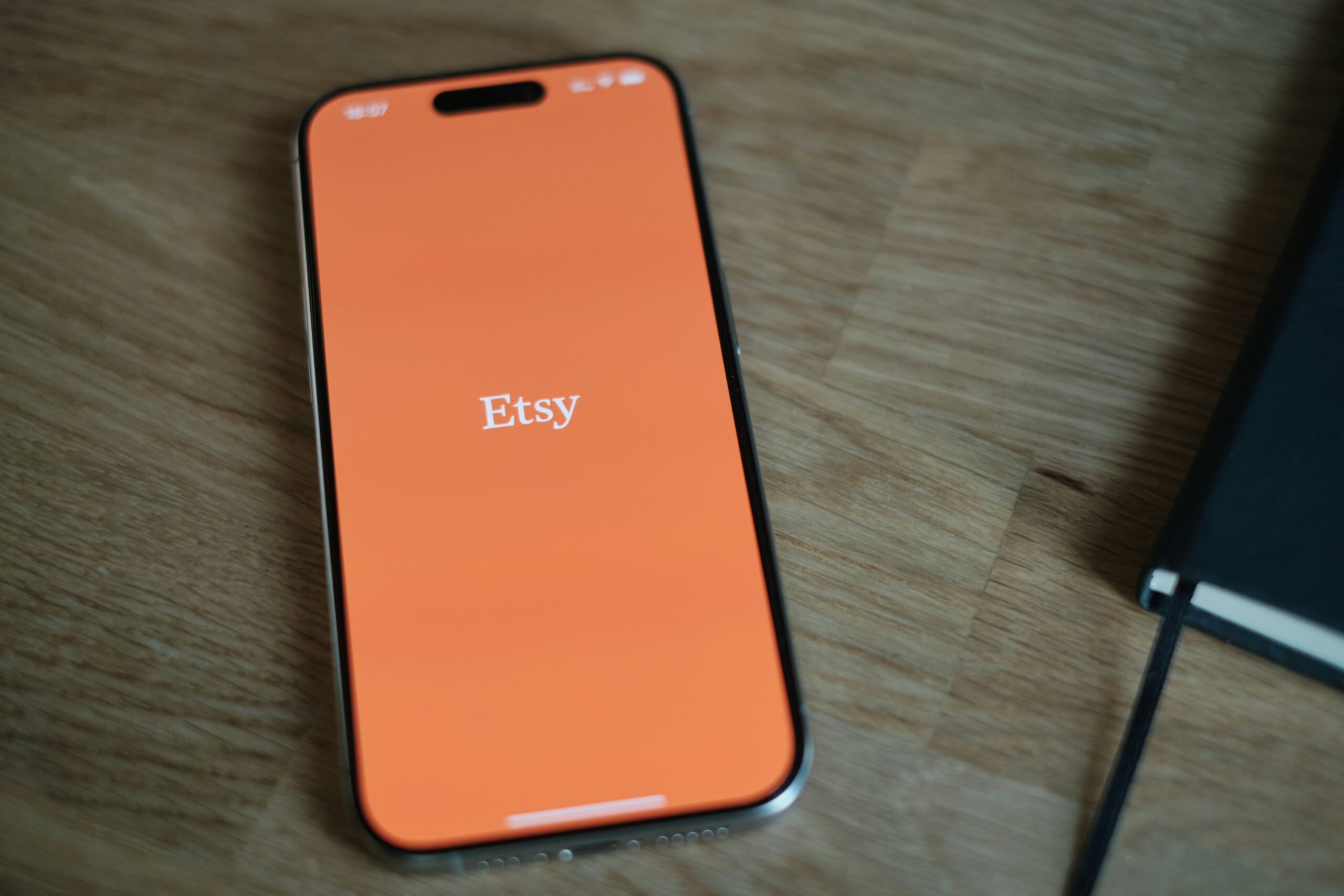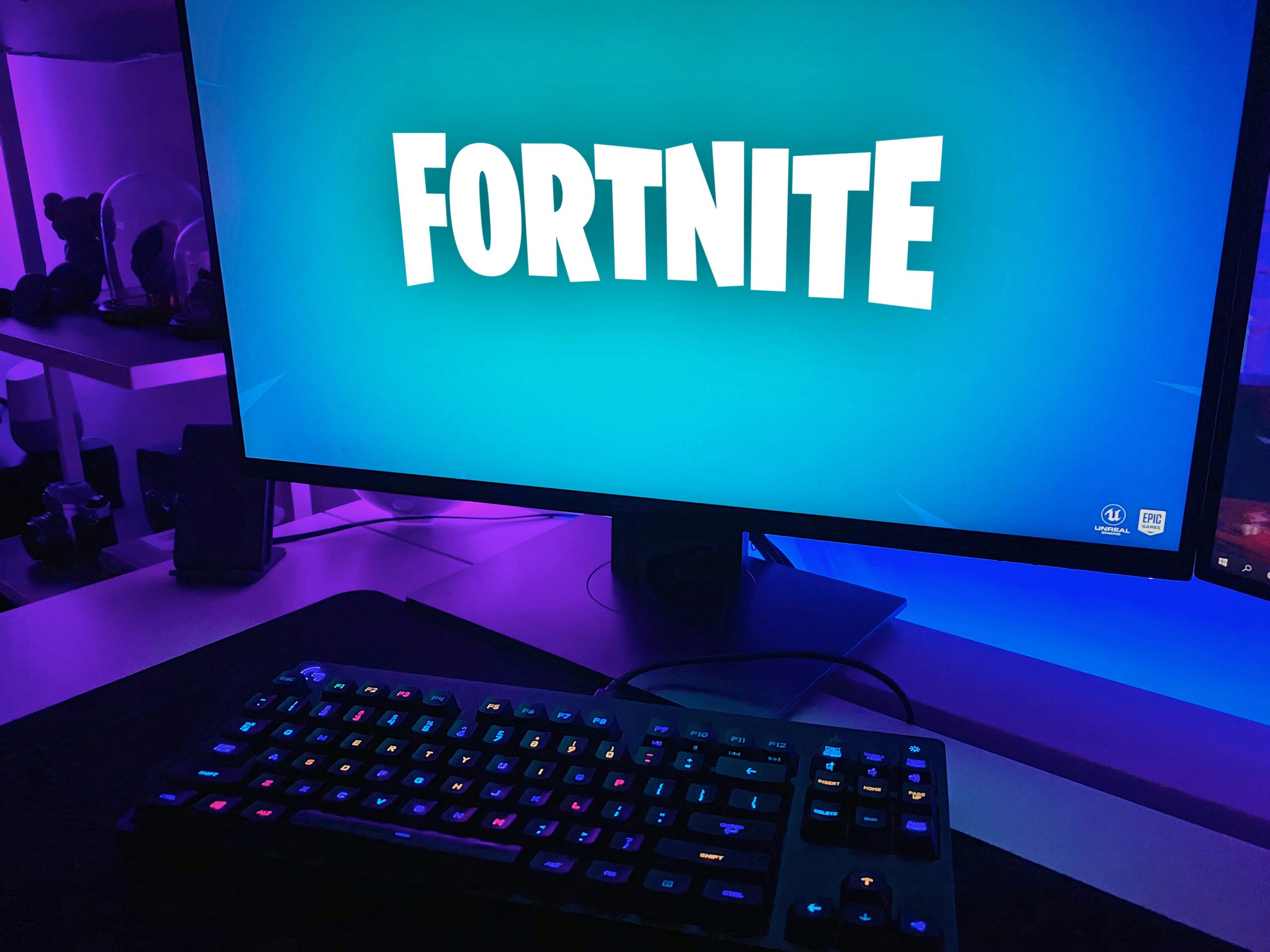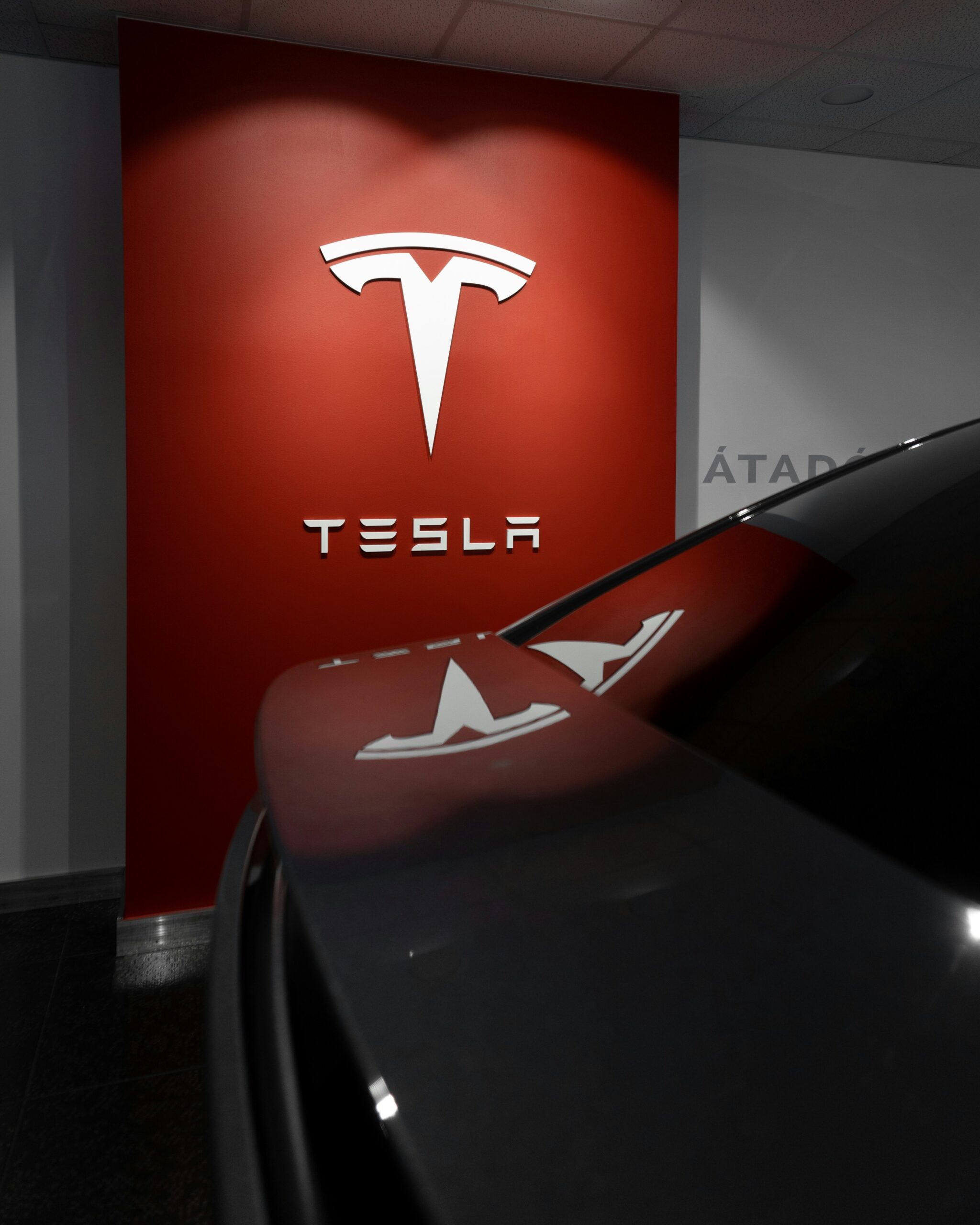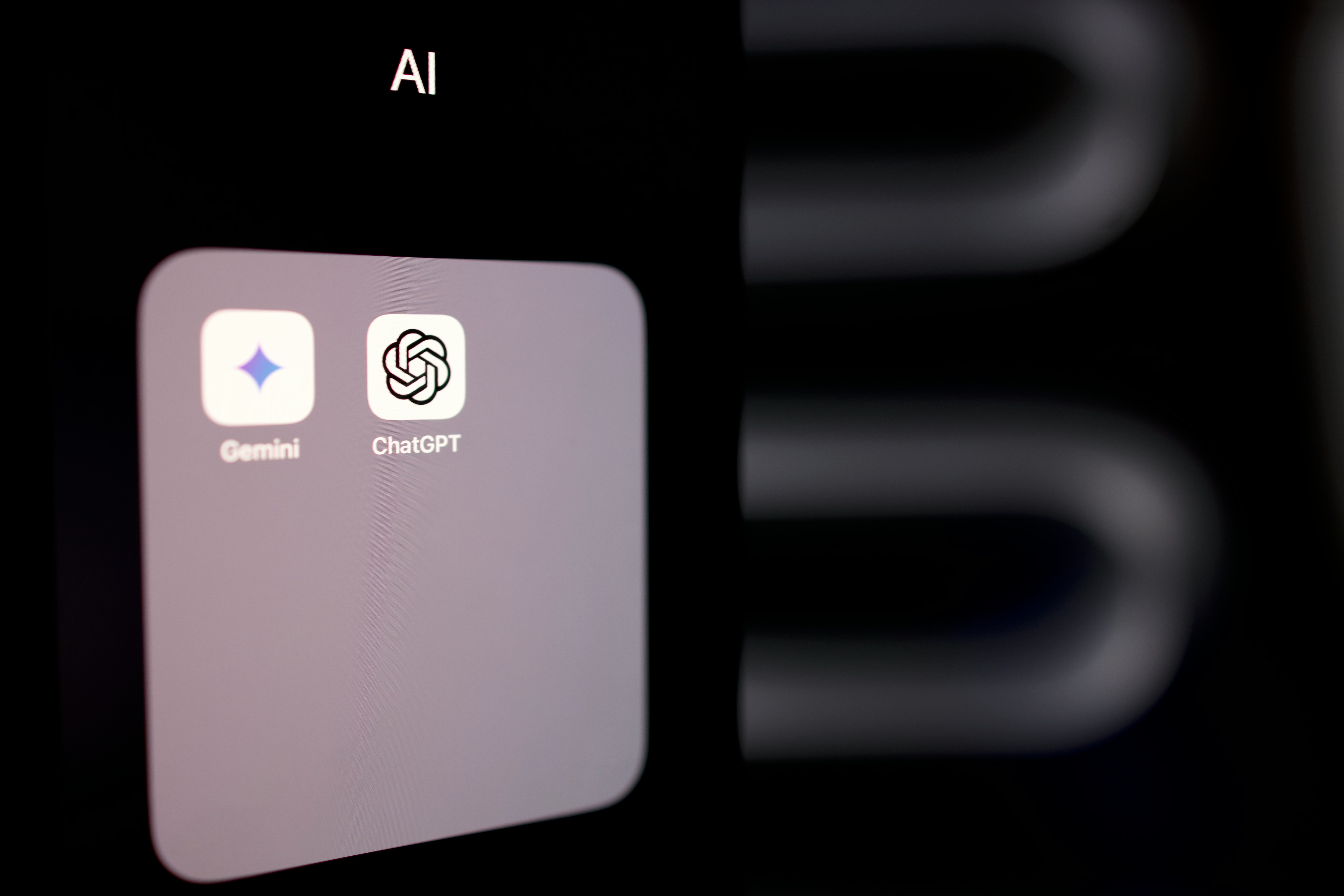Image credit: Unsplash
Executives at Google have denied relying on artificial intelligence to answer questions at a Senate hearing on August 16 after an AI chatbot unexpectedly interjected during their testimony.
Google Denies AI Involvement in Senate Testimony
Lucinda Longcroft, Google’s Australian director of government affairs and public policy, was facing questions over teleconference about her company’s AI policies when an AI chatbot—one with a male, American voice—interrupted while she was speaking.
“Let’s explore responsible AI across the life cycle,” the chatbot said. “That’s a great statement. It highlights the…”
Longcroft quickly added, “There is Google stepping in to be responsible.”
The Senate Hearing on AI: Key Questions and Concerns
Independent senator David Pocock asked Longcroft if she had used artificial intelligence to help prepare her responses.
“Can I ask what interrupted you earlier, when you were talking, and we heard a voice?” he asked. “Is AI helping you on this call? Have you got a screen there that’s helping with answers?”
Longcroft said that wasn’t the case and told the hearing that she could “categorically state that AI has not been involved in the answers to any of these questions here today.”
She went on to add, “Aside from the small interjection from the assistant while I was delivering that opening statement, the assistant was not active at any point in this testimony.”
The senators remained skeptical, however, and the committee’s chair, Labor Senator Tony Sheldon, requested that the transcript of the AI assistant’s prompts be provided to the committee so that they could fully understand the extent of any involvement by artificial intelligence.
Longcroft has pushed back against a recent US court decision that ruled Google’s search business to be an illegal monopoly. Publishers and smaller start-ups are concerned that Google’s search dominance, in which it controls about 95 percent of the Australian market, could be replicated in the AI industry.
“We consider ourselves one of many search engines in Australia, despite our popularity,” Longcroft stated. “We will be appealing [against] that [US federal court] decision.”
Executives from US tech giants Amazon and Microsoft were also questioned at the wide-ranging committee hearing on generative AI as parliamentarians weighed the best approach to regulate the technology.
Issues of energy consumption, election information—including deepfakes—potential job losses, and economic opportunity were all discussed as Canberra races to catch up to the AI arms race that is tearing through its economy.
One of Sheldon’s questions involved claims from voice actors that generative AI clones were already replacing their voices.
Last month, the Australian Association of Voice Actors provided evidence that their contracts effectively granted Amazon the right to use their voices to generate audiobooks through AI, which the group said might cost thousands of Australian jobs.
“You have the audacity to sit there and not tell us why. You have got responsibility; you have come to the hearing, we want to know, and the public wants to know why you have made that decision,” Sheldon asked Amazon executives.
Amazon’s head of public policy for Australia and New Zealand, Matt Levy, said in response, “My understanding is that this is something that Audible is approaching thoughtfully.”
Levy added, “They are speaking with the professional narration community. They are also exploring the way in which publishers and creators want to use text-to-speech technology to reach customers more broadly.”
“So to your specific question, senator, as to why this technology would be explored, it may be because there may be a preference of some publishers and creators to actually reach [an] audience using text-to-speech technology.”
Sheldon said the answer “defied belief.”
Microsoft executives, including local managing director Steven Morrall, also fielded questions about AI’s energy usage, as it is a major driver of energy consumption and carbon emissions. Microsoft research has found that a single query on ChatGPT can use the equivalent energy of running a light bulb for 20 minutes.






















